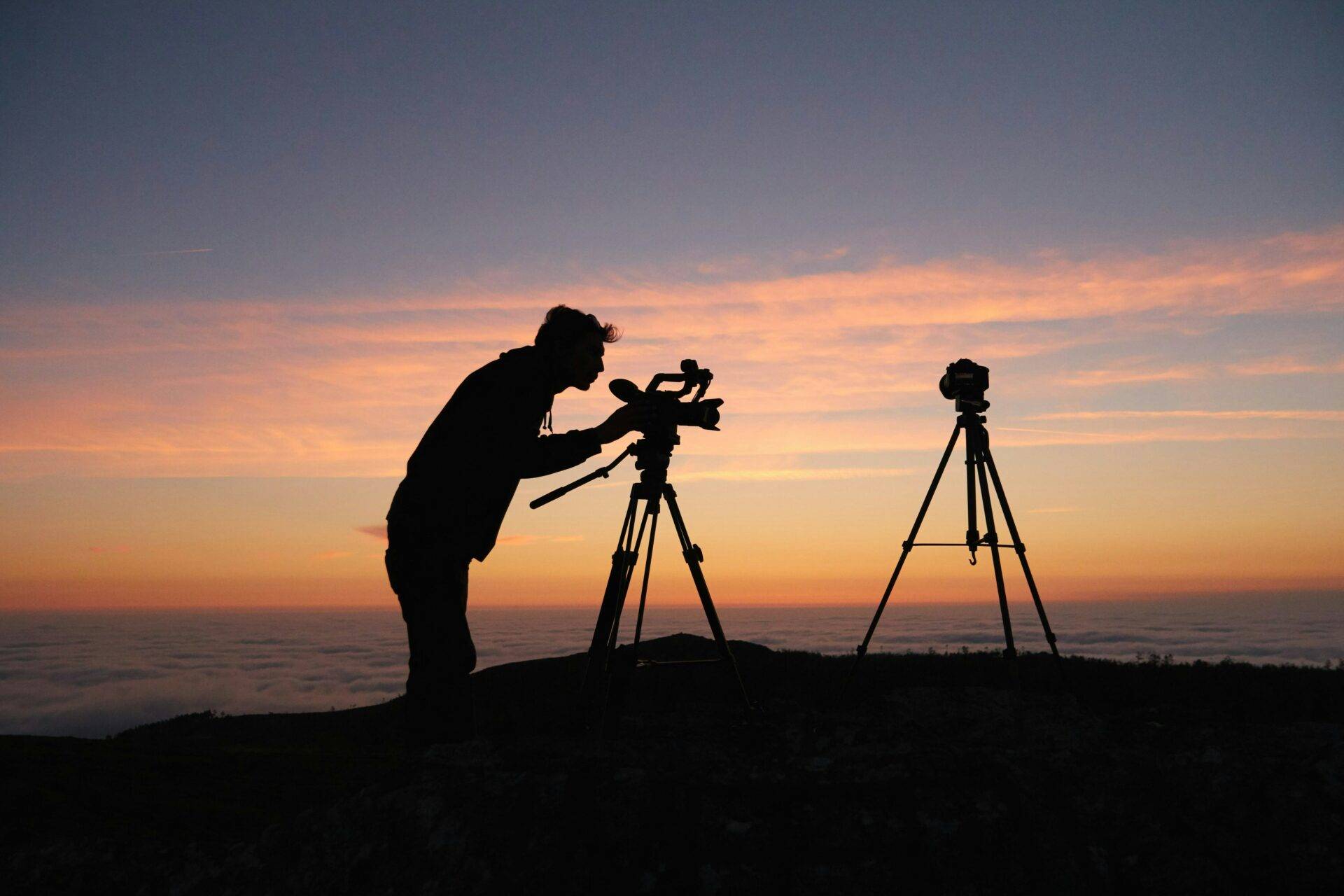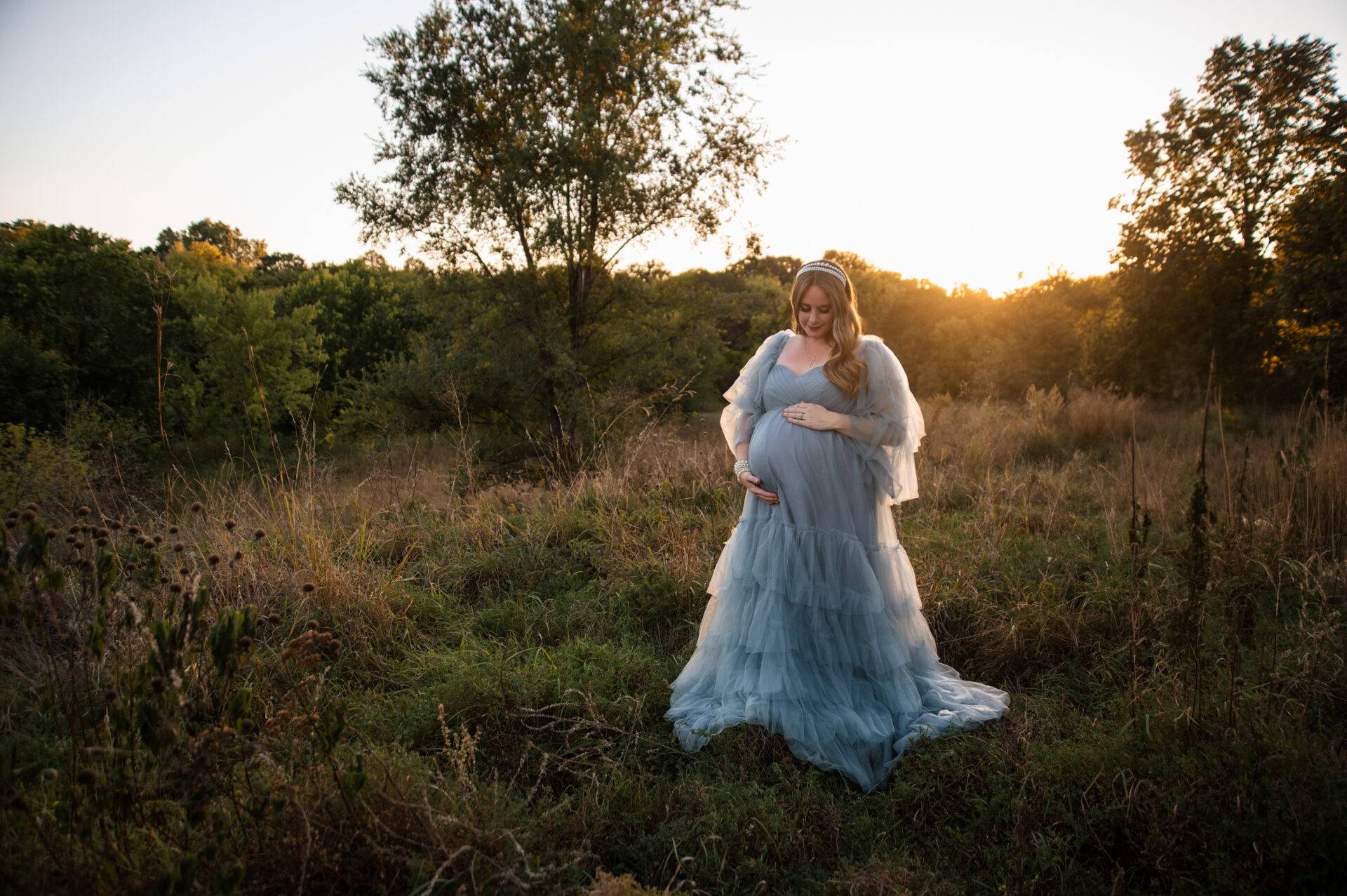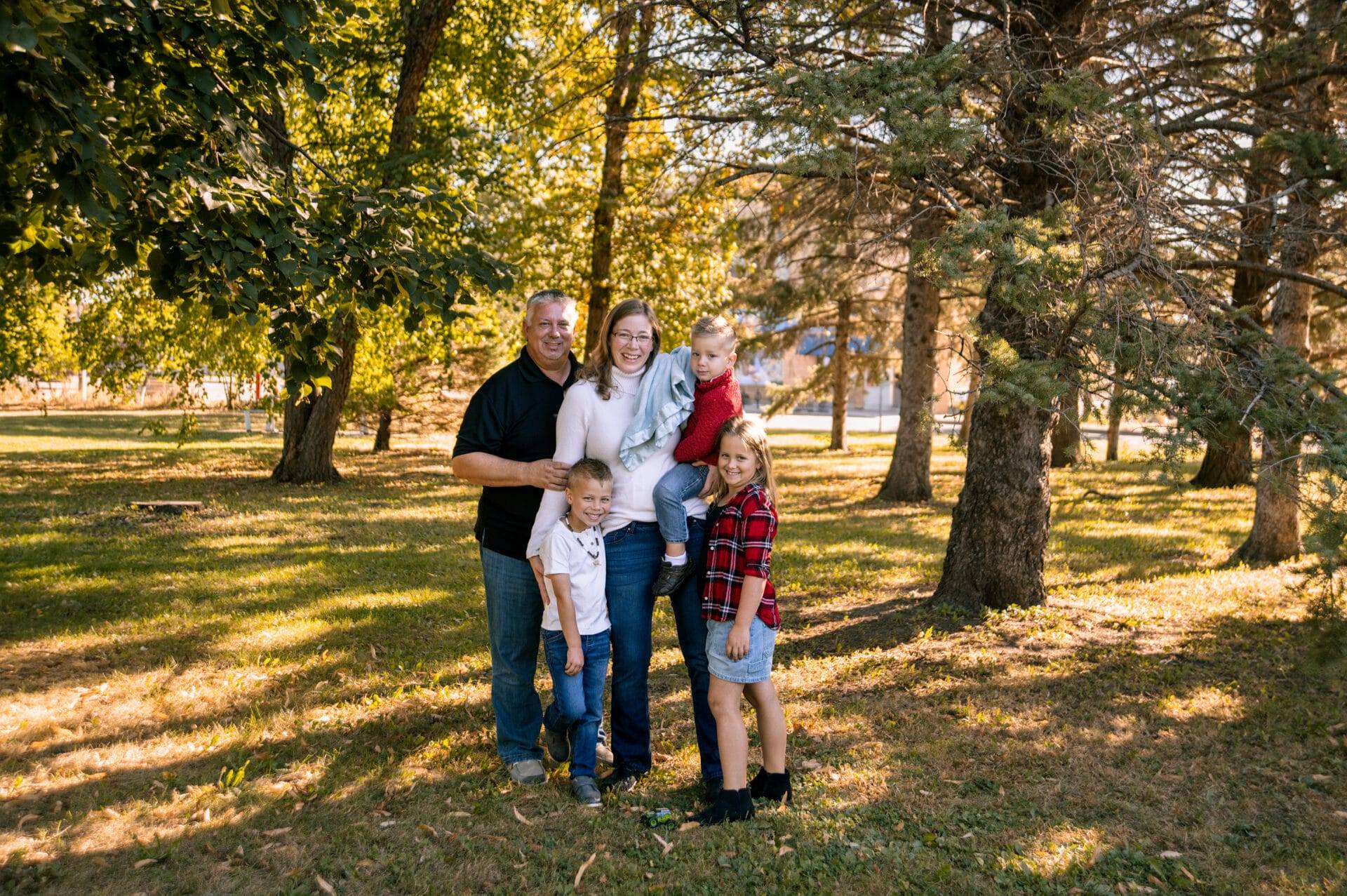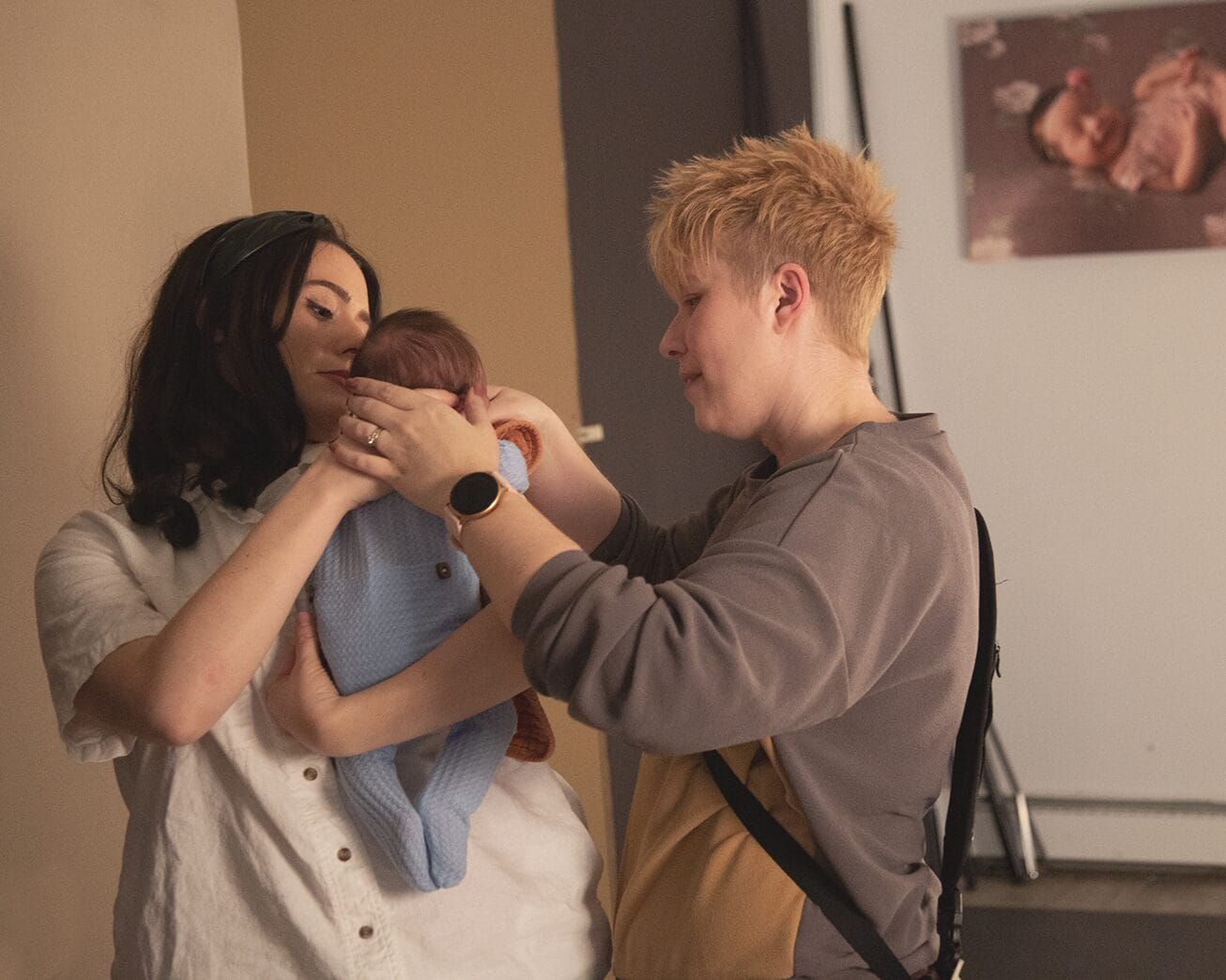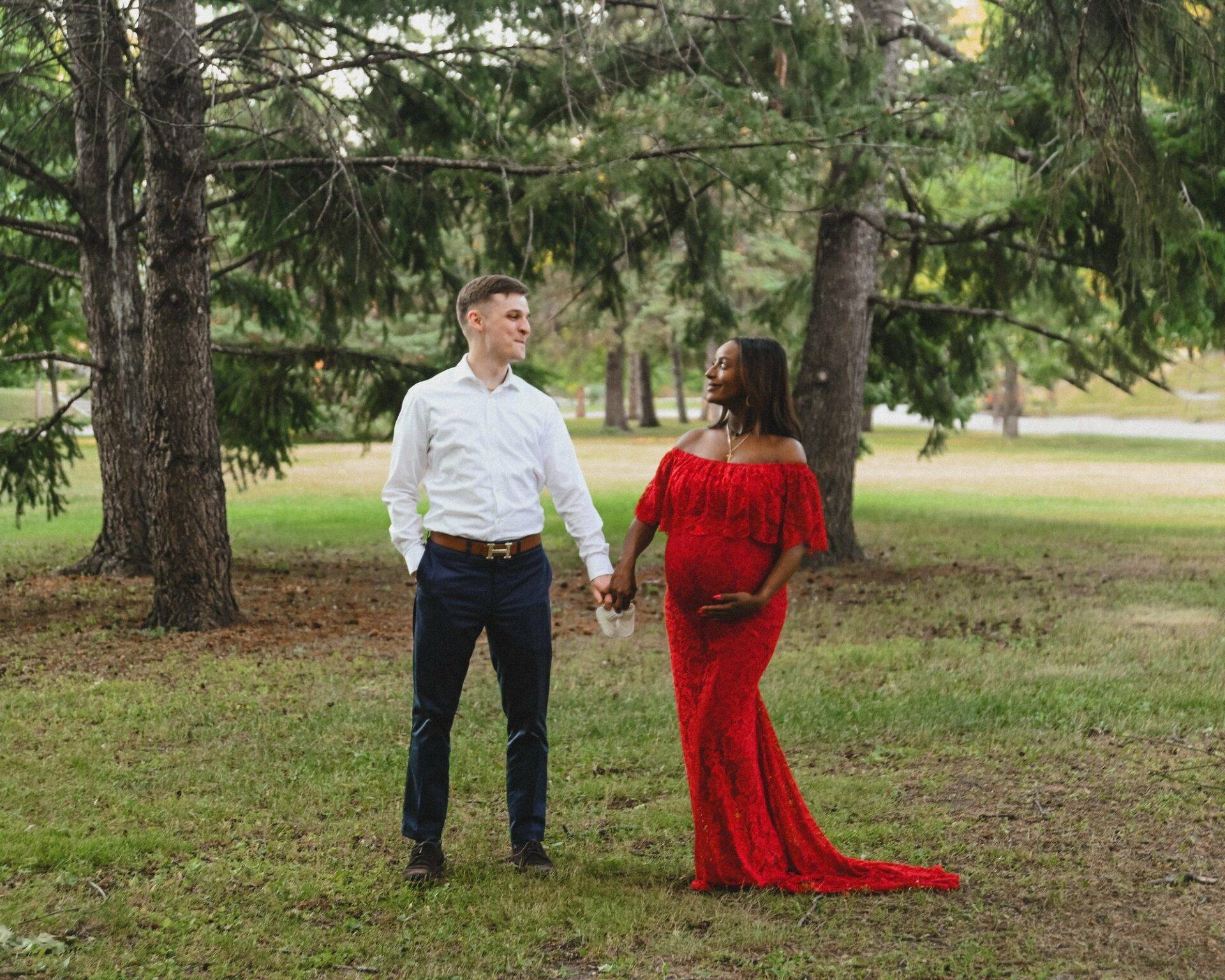I still remember the moment I first clicked my camera shutter in college. The click resonated within me like a striking chord. I never thought it would lead to my passion for photography, evolving from simple snapshots of friends into something deeper. If you’ve ever felt that spark too, you might be wondering whether it’s time to elevate your photography hobby into a full-fledged career. Here are five signs that suggest you’re ready to make that leap!
Introduction
Have you ever found yourself lost in a sea of photography tutorials? Or spent hours watching videos, trying to master that perfect shot? If so, you’re not alone. Many of us invest time in learning new techniques, pushing our skills to new heights. But what does it really mean to take your photography hobby seriously? Let’s explore some signs that can help you recognize your readiness to go pro.
Investing Time in Learning
When I first started, I remember feeling overwhelmed by the sheer amount of information available. From online courses to YouTube tutorials, the options were endless. It’s like being a kid in a candy store, isn’t it? You want to try everything!
But here’s the thing: investing time in learning new techniques is crucial. It shows your dedication. If you find yourself regularly seeking out new knowledge or experimenting with different styles, it’s a clear indicator that you’re serious about photography. Are you excited to learn about composition, lighting, or post-processing? That enthusiasm is a sign of growth.
Taking Workshops or Courses
Have you signed up for photography workshops or courses? If you have, give yourself a pat on the back! This is a fantastic way to enhance your skills. Workshops provide hands-on experience and direct feedback from professionals. It’s like having a mentor guiding you through the intricacies of photography.
Networking Opportunities: Workshops also allow you to meet fellow enthusiasts. Sharing experiences and tips can be invaluable.
Structured Learning: Courses often offer a structured approach, which can help you grasp complex concepts more easily.
Real-time Feedback: Getting immediate feedback on your work can accelerate your learning process.
When I took my first workshop, I felt a mix of excitement and nervousness. But it turned out to be one of the best decisions I made. The knowledge I gained was immense, and the friendships I formed have lasted to this day. What’s stopping you from signing up for a workshop?
Critiquing Your Own Work
Now, let’s talk about self-critique. This might feel uncomfortable at first. After all, who wants to point out their flaws? But I believe this is one of the most important skills a photographer can develop. Being able to critique your own work constructively is a sign of maturity in your craft.
When I look back at my earlier photos, I can see the mistakes. The lighting was off, or the composition wasn’t quite right. But instead of feeling discouraged, I use these moments to learn. Are you able to identify what works and what doesn’t in your own photography? This self-awareness is key.
Set Goals: Use your critiques to set specific goals for improvement.
Seek Feedback: Don’t hesitate to ask for opinions from others. Their perspectives can be enlightening.
Keep a Journal: Document your progress. This will help you see how far you’ve come.
In conclusion, recognizing these signs is vital. By investing time in learning, taking workshops, and being able to critique your own work, you’re laying the foundation for a successful photography career. It’s an exciting journey, and I’m thrilled to see where it leads you!
Sign 1: You Have a Strong Portfolio
When it comes to photography, a strong portfolio is your calling card. It’s not just a collection of your best work; it’s a reflection of your skill and creativity. Think of it as your personal gallery, where every image tells a story. But what makes a portfolio truly stand out? Let’s dive into the key elements that can elevate your work.
The Importance of a Diverse Portfolio
First things first, a diverse portfolio is essential. Why? Because it showcases your range and adaptability as a photographer. A mix of styles and subjects can attract a wider audience. It demonstrates that you can handle different lighting conditions, compositions, and themes. Imagine walking into an art gallery. Wouldn’t you want to see a variety of styles? The same goes for your portfolio.
Here’s what to consider:
Technical Skill: Show that you know your way around a camera. Include images that highlight your understanding of exposure, focus, and depth of field.
Creativity: Let your unique perspective shine. Experiment with angles, colors, and subjects. Don’t be afraid to think outside the box.
Types of Images That Make a Portfolio Stand Out
So, what types of images should you include? Here are some ideas:
Varied Lighting: Play with natural light, artificial light, and everything in between. Capture the mood of a scene through different lighting techniques. A photo taken at golden hour can evoke warmth, while a night shot might convey mystery.
Composition: Use the rule of thirds, leading lines, and framing to create visually appealing images. A well-composed shot can make a simple subject look extraordinary.
Diverse Subject Matter: Don’t limit yourself to one genre. Include landscapes, portraits, street photography, and more. This variety will show potential clients that you can adapt to their needs.
Critically Reviewing Your Work
Now that you have a sense of what to include, it’s time for some honesty. I encourage you to take a critical look at your body of work. Ask yourself: “Which pieces truly represent my skills?” It’s easy to get attached to certain images, but sometimes, less is more. Refine your collection to highlight your best pieces.
Here are a few tips for this process:
Get Feedback: Share your portfolio with trusted friends or mentors. Fresh eyes can provide valuable insights.
Stay Objective: Try to detach yourself from your work. Look at your images as if you were a stranger. Which ones grab your attention?
Keep It Updated: As you grow and evolve as a photographer, your portfolio should reflect that. Regularly update it with your latest and greatest work.
Remember, your portfolio is a living document. It evolves as you do. Don’t be afraid to change it up. As the saying goes, “What got you here won’t get you there.” This means that as you progress in your photography journey, your portfolio should also progress.
In conclusion, a strong portfolio is key to taking your photography to the next level. It’s your chance to showcase your technical skills and creativity. By building a diverse collection of images and critically reviewing your work, you’re setting yourself up for success. So, let’s get to work on that portfolio!
Sign 2: You’re Confident Behind the Camera
Confidence is a game-changer in photography. When you feel sure of yourself, it shows in your work. But how do we get there? It all starts with understanding the basics. Let’s break it down.
Understanding Camera Settings
First off, let’s talk about camera settings. You know, the buttons and dials that can seem so intimidating at first. But once you grasp them, your confidence skyrockets. Think of it like learning to ride a bike. At first, it’s wobbly and uncertain. But with practice, you find your balance.
Shutter speed: This controls how long the camera’s sensor is exposed to light. Faster speeds freeze action, while slower speeds can create motion blur.
Aperture: This affects the depth of field. A wide aperture (like f/1.8) blurs the background, while a narrow one (like f/16) keeps everything in focus.
ISO: This measures the camera’s sensitivity to light. Higher ISO settings are great for low light but can introduce noise. Finding the right balance is key.
Understanding these settings allows you to make quick decisions during a shoot. You won’t be fumbling with your camera, which can be a huge confidence booster.
Mastering Lighting and Composition
Next up is lighting. Good lighting can make or break a photo. Natural light is your best friend, but sometimes you have to work with what you’ve got. Ever tried to shoot in a dimly lit room? It can be tricky. But here’s the thing: learning how to manipulate light will give you an edge.
Then there’s composition. This is all about how you frame your shot. It’s like setting the stage for a play. You want everything to be just right. The rule of thirds, leading lines, and framing are all tools in your toolbox. When you know how to use them, you’ll feel more in control.
Problem-Solving During Sessions
Now, let’s dive into problem-solving. Every photographer faces challenges. Maybe the sunlight is too harsh, or your subject isn’t posing as you imagined. These situations can be stressful. But here’s where your confidence shines. When you can think on your feet, you’ll feel more capable.
For instance, if the light is too bright, you can find a shaded spot or use a reflector. If your subject looks stiff, try engaging them in conversation to capture a more natural expression. Remember, every problem has a solution. It’s just about being willing to adapt.
Practice Makes Perfect
Finally, let’s talk about practice. Confidence doesn’t come overnight. It’s built over time. Each time you pick up your camera, you’re gaining experience. You’re learning what works and what doesn’t. I can’t stress this enough:
“Confidence grows with practice and training.”
So, don’t shy away from challenges. Embrace them. Join photography workshops or mentorship programs. Surrounding yourself with other photographers can provide invaluable insights. It’s like having a safety net while you learn to fly.
As you grow, you’ll find that your confidence will naturally increase. You’ll start to trust your instincts. And that’s when the magic happens. You’ll see your photos improve, and your passion will deepen. So, keep shooting, keep learning, and watch your confidence blossom!
Sign 3: People Are Already Asking for Your Services
Have you noticed that friends, family, or acquaintances are regularly asking you to take their photos? If so, that’s a significant sign that there’s a demand for your work. It’s not just a casual request; it’s a hint that people appreciate your talent and want to see more of it. This can be the first step towards turning your photography hobby into a professional venture.
Recognizing the Demand
When someone asks you to capture a special moment, it’s more than just a favor. It indicates they trust your skills. Think about it: if they didn’t think you were good at what you do, would they ask? Probably not. This growing interest from your circle can be a strong indicator that you’re ready to take your photography to the next level.
Requests for family portraits.
Inquiries for event photography.
Suggestions to shoot for their social media profiles.
These are all signs that people see value in your work. They believe you can create something special for them. And that’s a big deal! But how do you transition from these informal requests to something more structured and, importantly, paid?
Transitioning to Paid Opportunities
Making the leap from casual photography to a paid gig can feel daunting. But it doesn’t have to be. Start by setting clear boundaries. When someone asks you for a favor, try responding with something like, “I’d love to help you out! I’m also starting to offer professional photography services. Would you be interested in discussing a package?”
This approach does two things:
It shows you’re serious about your craft.
It opens the door for a conversation about payment.
Another effective method is to create a portfolio. Share your best work on social media or a personal website. When people see your skills displayed professionally, they’re more likely to view you as a serious photographer. You can even mention that you’re looking for clients. This can help shift the perception from “just a hobby” to “a service.”
Valuing Your Skills
One of the most challenging aspects of moving into professional photography is understanding your worth. It’s easy to undervalue your skills, especially when you’ve been doing it for fun. But remember, your time and talent are valuable. Don’t be afraid to charge appropriately for your work.
Consider this: if a friend were to ask you to build a website for them, would you do it for free? Probably not. The same principle applies to photography. You’re providing a service, and it deserves compensation.
“Your skills are worth something. Don’t be afraid to ask for it.”
Start by researching what other photographers in your area charge. This can give you a benchmark. You might also consider offering introductory rates for your first few clients. This way, you can gain experience while also building your reputation.
In summary, if people are asking for your photography services, it’s a clear sign of demand. Use this to your advantage. Transition from informal requests to structured opportunities. And most importantly, value your skills. Charging appropriately is not just about making money; it’s about respecting your craft and the effort you put into it.
Sign 4: You’re Passionate About Photography Beyond the Camera
When I think about what it truly means to be a photographer, I realize it’s so much more than just pointing a camera and clicking a button. It’s about passion. That burning desire to improve, to learn, and to grow in ways that extend far beyond the lens. If you find yourself constantly seeking to better your craft, then you might just be on the right path.
1. The Drive to Improve
Passion fuels our commitment to honing our skills. It’s not enough to just take beautiful photos; we want to understand the why and how behind them. This means diving into the technical aspects—like mastering exposure and composition—but it also involves a deeper commitment.
Continuous Learning: Are you the type who spends hours watching tutorials or reading photography blogs? That’s a sign of passion. You want to learn everything you can.
Business Savvy: As photographers, we also need to learn about business strategies. How to market ourselves, how to handle finances, and how to communicate effectively with clients. This isn’t just about taking great photos; it’s about building a brand.
Staying Inspired: Do you find yourself seeking inspiration everywhere? From nature walks to art galleries? That’s passion at work. It keeps our creativity alive.
2. Beyond the Camera: Marketing and Client Communication
Now, let’s talk about the areas we often overlook. As photographers, we can get so wrapped up in capturing the perfect shot that we forget about the importance of marketing and client communication. But these elements are vital.
Think about it: if you have a stunning portfolio but no one knows about it, how will you attract clients? Here’s where your passion really shines. It drives you to:
Network: Attend workshops, join photography groups, and connect with fellow photographers. Building a community is essential.
Promote Yourself: Social media is a powerful tool. Are you using it to showcase your work? Passionate photographers don’t shy away from sharing their art.
Communicate Effectively: Understanding your clients’ needs is crucial. Passionate photographers listen and adapt to ensure their clients are happy.
3. Sustaining Through Challenges
Let’s be real: the photography journey isn’t always smooth. There are challenges, setbacks, and moments of self-doubt. But here’s the thing—passion is what sustains us through those tough times.
When you’re passionate about photography, you don’t just give up when things get hard. You push through. You find new ways to adapt and overcome. It’s that inner drive that keeps you going, even when the going gets tough.
So, ask yourself: Are you ready to embrace the challenges? Are you willing to put in the work beyond just taking pictures? If you answered yes, then you have the passion that can transform your photography hobby into a fulfilling career.
In the end, it’s about more than just the camera. It’s about the journey, the learning, and the growth. Passion is what makes this journey worthwhile. So, keep that fire burning and let it guide you through every click of the shutter.
Sign 5: You’re Ready to Invest in Your Growth
So, you’ve been dabbling in photography for a while now. You’ve got some decent shots, maybe even a few that you’re really proud of. But have you considered what it means to take your skills to the next level? One clear sign that you’re ready is your willingness to invest in your growth. This could mean anything from mentorships and workshops to advanced gear. Let’s break this down.
The Value of Mentorships and Workshops
Investing in mentorships or workshops can be a game-changer. Why? Because learning from someone who has been there can provide insights you won’t find in books or online tutorials. Think of it like having a personal coach. They can help you identify your strengths and weaknesses, guiding you on what to focus on.
Mentorships: A mentor can offer personalized feedback and support. They can challenge you, push you out of your comfort zone, and help you gain confidence.
Workshops: These are fantastic for hands-on learning. You get to practice what you learn in real-time, often with immediate feedback from experienced photographers.
By investing in these opportunities, you’re not just spending money; you’re investing in your future. You’re saying, “I believe in myself and my potential.” That’s a powerful statement!
Advanced Gear: A Worthwhile Investment
Now, let’s talk about gear. Sure, it can get expensive. But think of your camera as a tool. Just like a carpenter needs quality tools to create beautiful furniture, you need reliable gear to capture stunning images. Investing in advanced equipment can enhance your skills and open up new creative possibilities.
For instance, a better lens can dramatically change the way you shoot. It can help you achieve that dreamy bokeh or sharp detail you’ve been chasing. But remember, gear won’t do the work for you. It’s about how you use it. That’s where the mentorships and workshops come back into play.
Stand Out in a Competitive Market
In today’s photography landscape, you need to differentiate yourself. Professional development is key. By continually learning, you’re setting yourself apart from others who may not be as committed. This is crucial in a competitive market.
When clients see that you’ve invested in your skills, they’re more likely to trust you with their vision. They’ll recognize that you take your craft seriously. And that’s a big deal! It’s not just about taking pretty pictures; it’s about understanding light, composition, and storytelling.
Join a Community for Support
Lastly, consider joining communities like Savvy Shutterbug. Being part of a group can provide invaluable support and encouragement. You’ll find hands-on learning opportunities, feedback on your work, and a network of fellow photographers. It’s comforting to know you’re not alone in this journey.
Communities often host events, critiques, and workshops that can further enhance your skills. Plus, you’ll make connections that can lead to collaborations or even job opportunities.
Investing in your growth isn’t just about money. It’s about time, energy, and commitment. So, ask yourself: Are you ready to take that leap? Are you willing to invest in your passion and turn it into something more? If the answer is yes, then you’re on the right track.
As we wrap up this discussion, let’s take a moment to recap the five signs that indicate you’re ready to elevate your photography hobby into a professional pursuit. It’s essential to have a clear checklist to assess your readiness. So, here’s a quick rundown:
You’ve developed a unique style. If your photos have a consistent look that reflects your personality, you’re on the right track.
People are noticing your work. Whether it’s friends, family, or even strangers, positive feedback is a good sign.
You’re constantly learning. If you’re actively seeking out knowledge and improving your skills, that’s a strong indicator.
You’ve built a portfolio. A collection of your best work showcases your abilities and helps you attract clients.
You’re ready to invest. Whether it’s time, money, or effort, being willing to invest in your craft is crucial.
Now, let’s pause for a moment. How do you feel about these signs? Do they resonate with you? If you find yourself nodding along, that’s fantastic! However, I know that some of you might still feel a bit unsure. That’s perfectly okay.
Words of Encouragement
Taking the leap from hobbyist to professional can feel daunting. It’s like standing at the edge of a diving board, looking down at the water below. You might feel a mix of excitement and fear. But here’s the thing—every professional photographer started somewhere. They faced doubts, just like you.
Remember, it’s not about being perfect; it’s about being passionate. If you’re excited to explore this next step, embrace that feeling! It means you’re ready to learn, grow, and challenge yourself. And let’s face it, photography is a journey, not a destination.
Take small steps. You don’t have to jump in all at once.
Seek out photography mentorship programs or workshops. They can provide valuable guidance.
Connect with other photographers. Share your experiences and learn from each other.
Even if you’re still figuring things out, don’t let uncertainty hold you back. It’s that very excitement to explore that can lead to great things. You might just discover a new passion or talent you never knew existed.
In the end, the most important thing is to keep shooting. Whether you’re capturing landscapes, portraits, or candid moments, every photograph is a step forward. So, grab your camera, hit the streets, and let your creativity flow. You’ve got this!
Your Next Step
So, you’ve been dabbling in photography for a while now. You’ve spent hours capturing sunsets, portraits, and maybe even a few action shots. You love it, right? But now you’re wondering, “Am I ready to take my photography hobby to the next level?” That’s a great question! And the answer might just be a resounding yes!
Embracing Your Passion
Think about it. If you’re spending more time thinking about photography than anything else, it’s a sign. When your mind drifts to composition, lighting, and editing techniques instead of the latest Netflix series, it’s time to consider a deeper commitment. But how do you make that leap? Well, let’s explore a couple of options.
Workshops: A Great Starting Point
Joining a workshop can be a fantastic way to elevate your skills. These are structured sessions where you get to learn from experienced photographers. You get hands-on experience, and often, you’ll receive immediate feedback on your work. It’s like having a personal coach for your photography journey!
Workshops often cover various topics. Here are a few you might encounter:
Composition Techniques: Learning the rule of thirds, leading lines, and framing can dramatically improve your shots.
Lighting Mastery: Understanding natural and artificial light can take your photos from ordinary to extraordinary.
Post-Processing Skills: Learning software like Adobe Lightroom or Photoshop can help you enhance your images.
Personalized Mentorship Programs
If you crave more tailored guidance, a personalized mentorship program might be the way to go. Imagine having a mentor who understands your unique style and goals. They can provide specific advice, critique your work, and help you navigate the sometimes overwhelming world of photography.
With a mentor, you can:
Set Clear Goals: Define what you want to achieve in your photography journey.
Receive Constructive Feedback: Get insights that are specific to your strengths and areas for improvement.
Build a Portfolio: Work together to curate a collection of your best work that showcases your style.
Why Go Pro?
But why should you consider turning your hobby into a career? Photography can be more than just a pastime; it can be a fulfilling profession. Imagine waking up every day excited to capture the world through your lens! It’s not just about the money; it’s about passion, creativity, and sharing your vision with others.
As you contemplate this transition, ask yourself: “What do I want to achieve with my photography?” Whether it’s capturing special moments for clients or creating stunning art for galleries, the possibilities are endless. But remember, it’s also a journey. You’ll face challenges, but with dedication and the right support, you can overcome them.
Take the Leap!
So, are you ready? Think you’re ready to take your photography hobby to the next level? Join one of our workshops or sign up for a personalized mentorship program to get the skills and support you need to go pro! We’re here to help you every step of the way.
Ready to take your photography skills to the next level? Check out Savvy Shutterbug for expert-led workshops, personalized mentorship, and hands-on courses designed to help you turn your passion into a professional career. Let’s make your photography dreams a reality!”
TL;DR: If you’re experiencing these five signs, it may be time to take your photography passion professional—embrace mentorship, explore workshops, and start building your portfolio for success.
